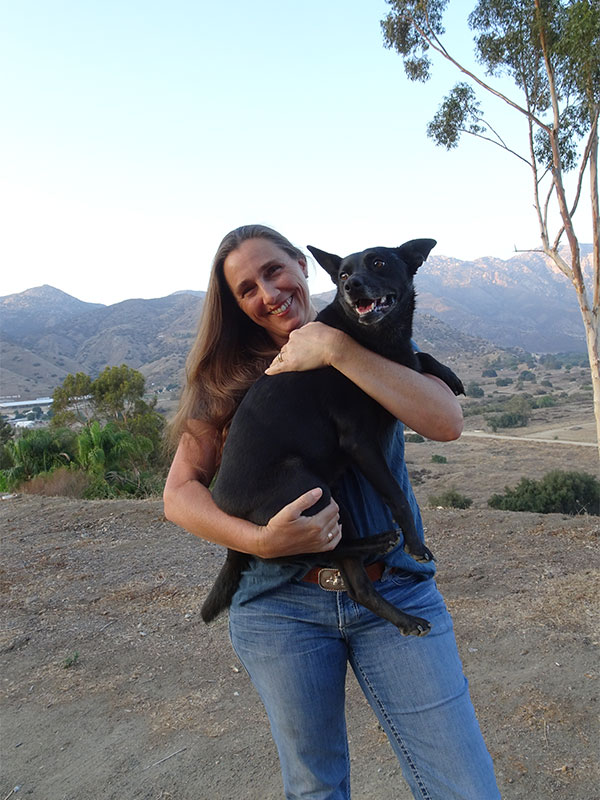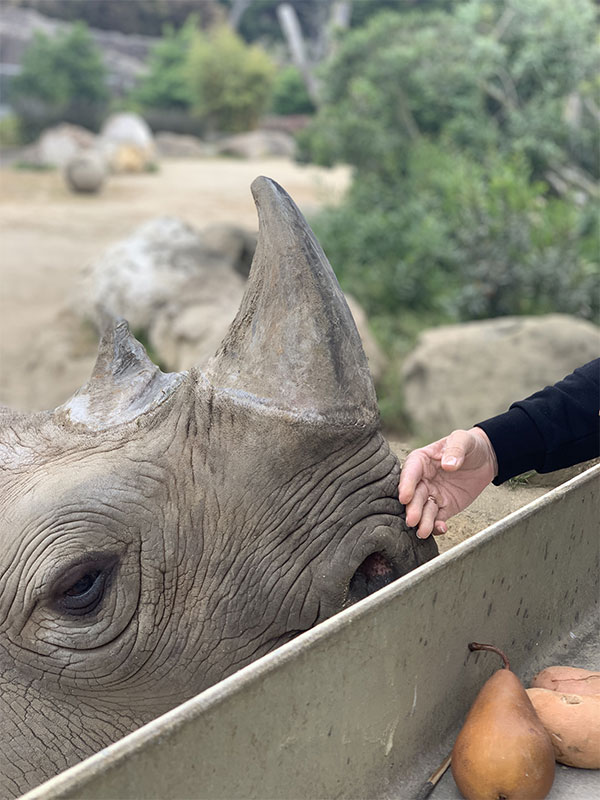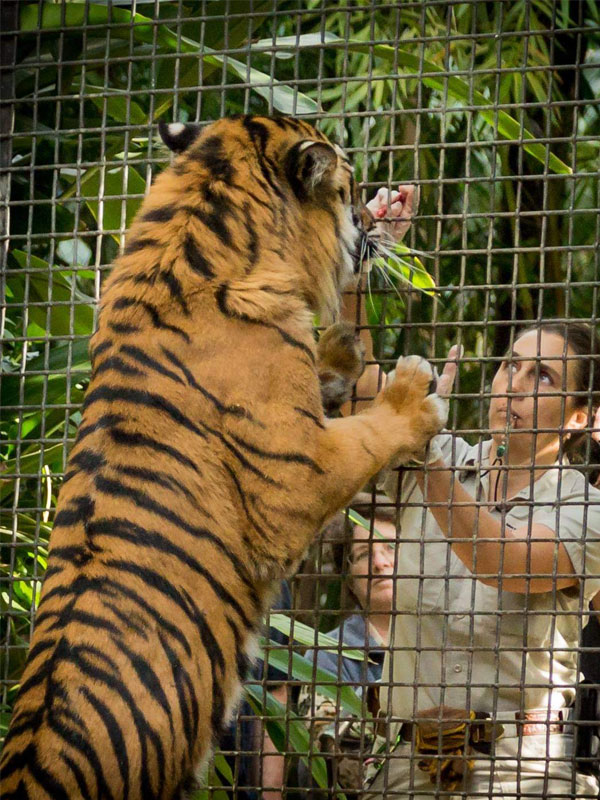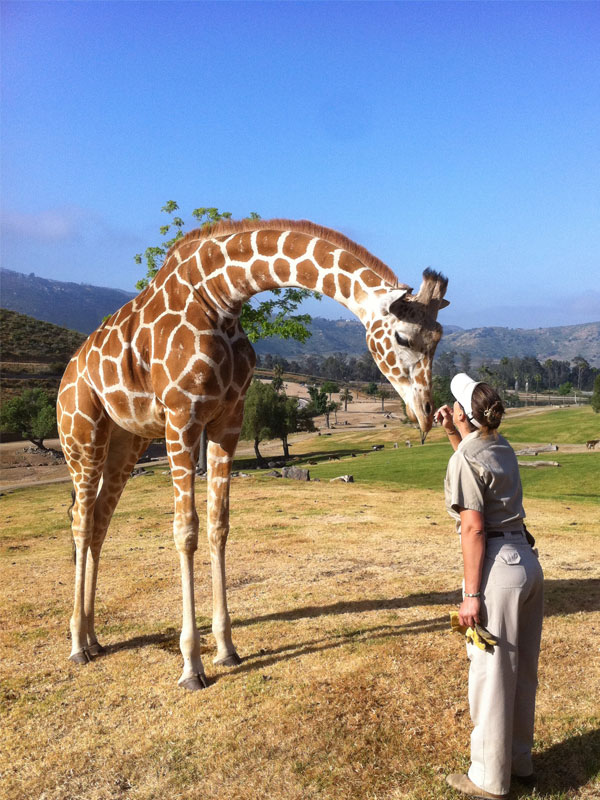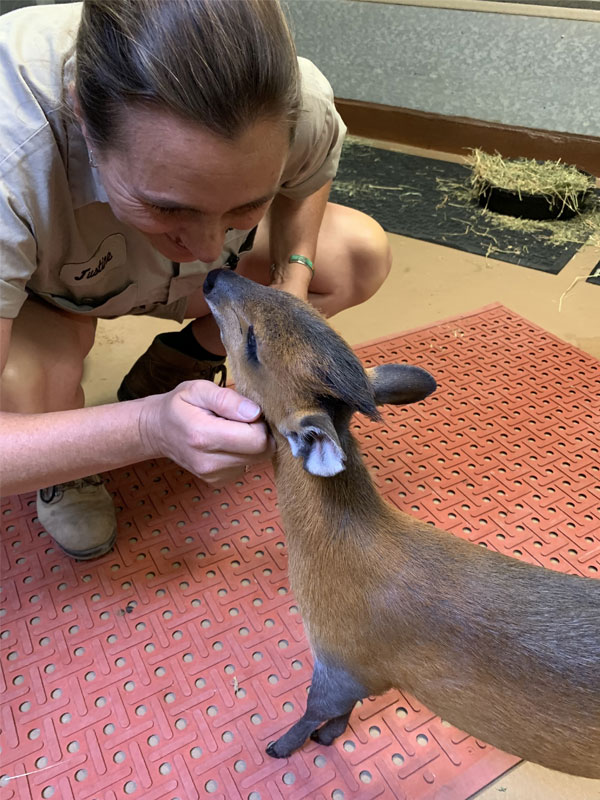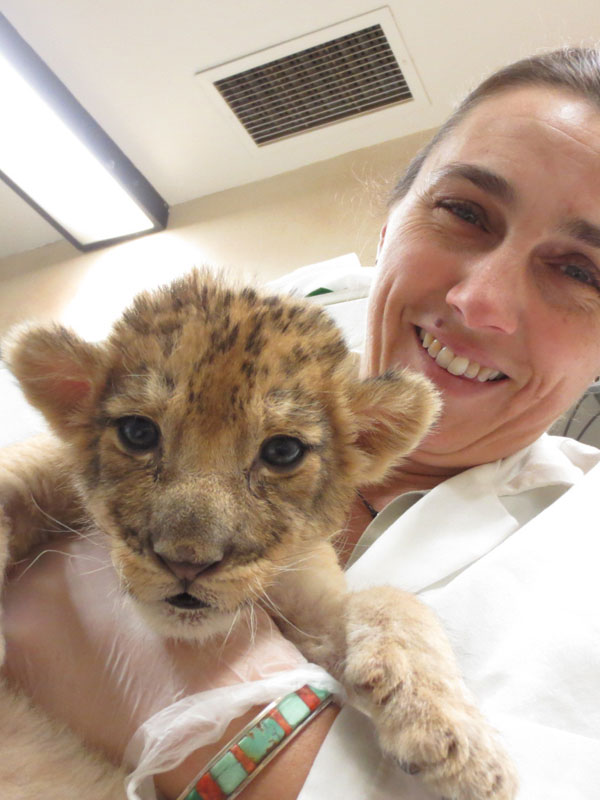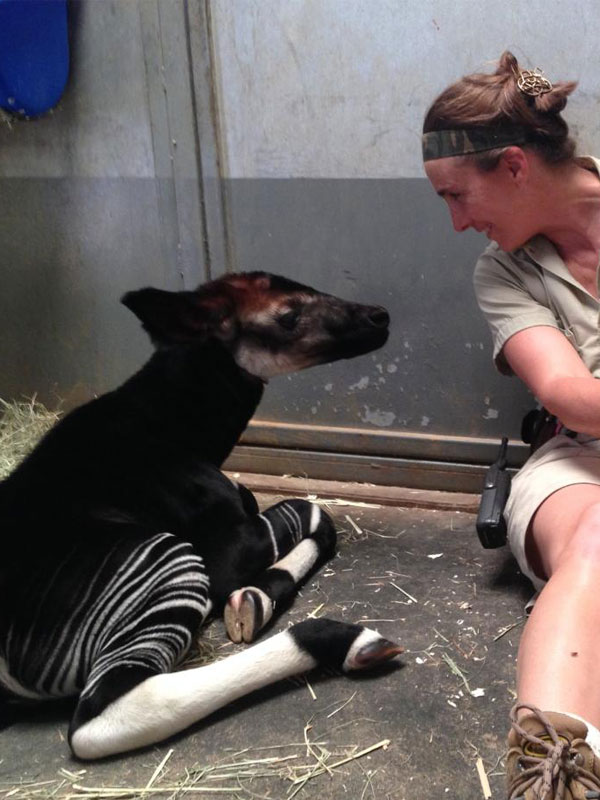Animals Speak
Justine Listens…
With 20 years of experience, Justine combines her seasoned behavioral and training expertise with intuitive animal communication to help you understand your animal’s perspective and guide you toward a respectful and informed solution.
Justine’s Story
Many of us have questions we want answered about our animal’s needs, wants or difficulties. Perhaps we wonder about social dynamics between the animals in our households, or there are unresolved questions surrounding a departed, beloved pet. Maybe the issue is understanding a training challenge, or teasing out the what, why and how to fix it. If so, I’m here to help. So let’s ask! I look forward to connecting with you and your animal friends to help you find both answers and solutions. Read more about my career and life’s work of communicating with, training and caring for animals…
Justine Zafran's Full Journey
As a youth, I preferred stuffed animals to dolls, brought home many strays and often chose to play with my pets rather than other kids. I was raised by a mother who claimed to be able to hear animals’ thoughts. I could make no such claims. Like most kids, I pursued my animal interests through reading and as much exposure to live animals as possible.
By middle-school, I was introduced to marine science and cetaceans. I became enthralled by the great aquatic mammals and I yearned to know what they were thinking while living their deep-water lives. I studied early scientific efforts on interspecies communication, first with dolphins and later with great apes. Those studies revealed that others also wondered about animal minds and that science could be a viable path to pursue such interests.
Justine the Scientist
I entered college to become a marine biologist, until I learned that major had nothing to do with behavior and communication. A switch to Biological Anthropology put me on track to understand how behavior in social mammals shaped social intelligence and complex communication. Parallels in cetacean and ape studies were then becoming evident, and research was expanding to include other taxa, including birds. My pantheon of researchers grew to include Ian Douglas-Hamilton, Paul Spong, Jane Goodall, Penny Patterson, Sue Savage-Rumbaugh, Sarah Boysen, Frans de Waal, Irene Pepperberg, Bernd Heinrich and John Marzluff.
After earning my B.A. in Biological Anthropology from the University of California San Diego, I worked for the Navy Marine Mammal Program based in Point Loma, Ca. For four years, I trained dolphins for several bio-acoustic research projects. I helped co-author subsequent publications in peer reviewed journals, and represented our work at an International Marine Animal Trainers’ Association conference. My favorite work there was training dolphins for a cross-modal learning-set study for the University of California Santa Cruz’s Long Marine Lab researchers Dr.s Ron Schusterman and David Kastak. This study sharpened my training skills, taught me the value of a well designed experiment, and reinforced my belief that rigorous science was the best way to reveal the mysteries of animal cognition.
At this point in my career, three major events converged to redirect my path. First, was September 11, 2001, followed by the separate and unexpected deaths of Dr.s Schusterman and Kastak and finally, pregnancy, which was an unexpected blessing during this dark period. September 11th brought new security restrictions that suspended all research on base. The loss of Schusterman and Kastak ended the UCSC project, which marked the end of my work in academic science and the possibility that our research would be published. Thankfully, I had my son to look forward to.
Justine the Zoo Keeper
The birth of my son gave me the chance to put my primate degree to practice while embracing the role of motherhood during his first years of life. Four years home with him were priceless, but the interlude made re-entering the work force difficult. Fortunately, my dolphin connections facilitated my hiring into San Diego Zoo Safari Park’s protected-contact elephant program. From there, I joined the mammal department, expanding my taxa, skills, and experience for the next 16 years.
Those many years as a zoo keeper taught me countless lessons I could never have learned from books. Every animal is an individual, as unique as each of us, regardless of species. Every behavior has a reason. The angriest animals often have the most to teach us. Patience and consistency will eventually triumph. Behind every set of eyes is someone worth knowing. Darting an animal is never as simple as it appears on TV and extinction is forever. I now understand that like us, the dolphins, gorillas, rhinos, tigers, dholes, and other species I have come to know have their own stories to tell.
Perhaps the most important lesson learned was that, regardless of where and how humans keep and care for animals, there is no black and white. Whether we are discussing zoos, sanctuaries, circuses, government reintroduction programs, research facilities, farms or private homes, each will have some practices that are admirable and some that need improvement. No one place will do everything right and to make moral judgements based on labels alone is both uninformed and a disservice to those who mean well and the animals who are in their care. Compassion in the face of circumstantial diversity and the willingness to actively listen is the most productive way to be the best partners for all of the animals in our care.
Woo Woo 101
In 2008, I began to explore Intuitive Animal Communication by reading books, talking with practitioners and briefly mentoring with a teacher. All of these sources claimed that this was a learnable skill, not a “gift” granted to only a chosen few. I reasoned, “I went to college. I can learn stuff!” Thus began my Intuitive Animal Communication journey and my practice with the many animals at work.
Unsurprisingly, my new found animal communication skills took a back seat to my son’s health challenges, divorce, single parenthood, a full-time zoo keeping career and a new and fulfilling marriage. During those years, I maintained my ability to “speak” telepathically, as was evident from the resulting behavior of the animals I “spoke” to, but my listening skills were weak.
Once my son left for college, I was free to re-examine my life’s trajectory and ask myself the hard questions. I never lost sight of my middle-school dream that understanding animal mind could help create a kinder and more respectful world. I once believed science was both my answer and my path. Intuitive Animal Communication provided me with an alternative path to the same goal.
Justine the Animal Communicator
With this realization, I changed my professional course to reclaim my middle-school dream. I applied myself to professional training with the goal of stepping out of zoo keeping to become a full-time Animal Communicator. I took courses from seasoned pros in the field, investigated the methods and scope of the current industry and of course, practice, practice, practice.
Zoo keeping provided many wonderful animal “co-workers” to learn from on this journey. They clarified the need to apply my new skills to both domestic animals as well as wild species who live in professional zoos and managed facilities worldwide. Twenty years of animal training and care experience also gave me the foundation from which I now draw upon to become a more understanding and effective communicator for my animal and human clients.
Many of us have questions we want answered about our animal’s needs, wants or difficulties. Perhaps we wonder about social dynamics between the animals in our households, or there are unresolved questions surrounding a departed, beloved pet. Maybe the issue is understanding a training challenge, or teasing out the what, why and how to fix it. If so, I’m here to help. So let’s ask! I look forward to connecting with you and your animal friends to help you find both answers and solutions.
Animals Communicate
How do animals communicate with Justine Zafran? She brings you the answers you need so you can understand the needs and feelings of your animal friend. Listen to this interview with Justine Zafran.
Services
Intuitive Animal Communication I.A.C.
Ask your animal what you want to know.
- Includes written transcript of direct communication with your animal (emailed prior to scheduled Zoom consultation).
- Includes 30 min. Zoom meeting to review and discuss results.
- $175.00 per session.
ANIMAL TRAINING CONSULTATION
Request training expertise, applied to any behavioral issue related to a prior I.A.C. session.
- Includes a written training plan to address behavioral issue (emailed prior to scheduled Zoom consultation).
- Includes 30 min. Zoom meeting to review and discuss training steps and implementation.
- $75.00 per session.
INTUITIVE ANIMAL COMMUNICATION & TRAINING PLAN PACKAGE
- Includes written transcript of I.A.C. and a training plan to address behavioral issue (emailed prior to scheduled Zoom consultation).
- Includes 30 min. Zoom meeting to review and discuss I.A.C. results and training plan.
- Includes 2nd follow-up 30 min. call or Zoom to review implementation and progress of your training plan. (This will be scheduled 1-2 wks. post I.A.C. consult.)
- $250.00 per consultation package.
TRAINING PLAN SUPPORT PACKAGE
- Includes 1x/week email support to discuss training progress (weeks 1, 2, 4 and 5).
- Includes two 30 min. Zoom meetings (weeks 3 and 6).
- $130.00 per support package. Can be booked consecutively, as needed.
Additional Check-in (for prior clients, post initial I.A.C.)
Ask new, additional questions or discuss training plan issues after your initial I.A.C.
- Includes written transcript of an abbreviated follow-up I.A.C. (emailed prior to scheduled Zoom consultation).
- Includes 15 min. Zoom meeting to review and discuss results.
- $75.00 per session.

